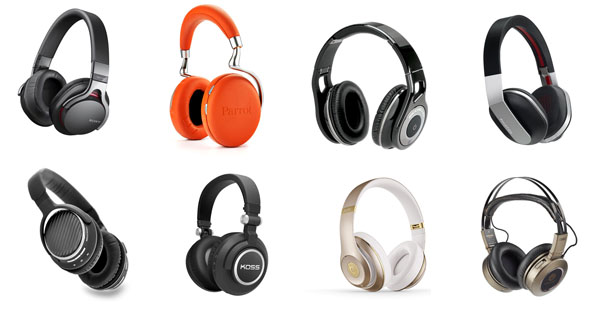Bluetooth Headphone/Headset Survey Review - MEElectronics Air-Fi Matrix2 AF62
Bluetooth Headphone/Headset Survey Review - MEElectronics Air-Fi Matrix2 AF62
- Read more about Bluetooth Headphone/Headset Survey Review - MEElectronics Air-Fi Matrix2 AF62
- Log in or register to post comments


